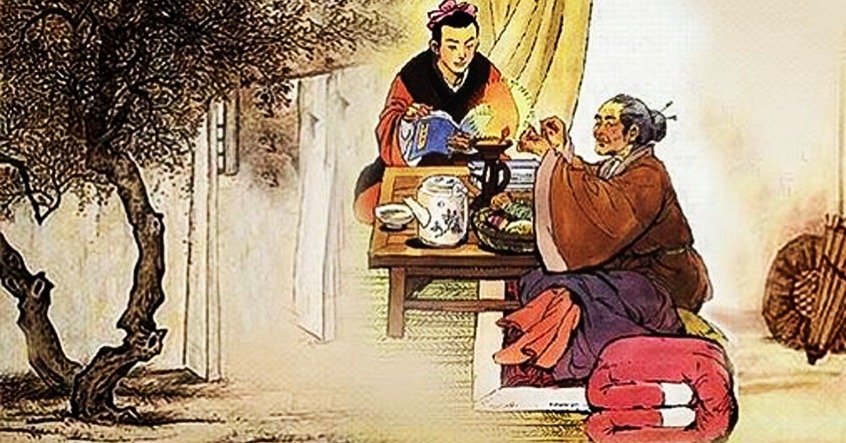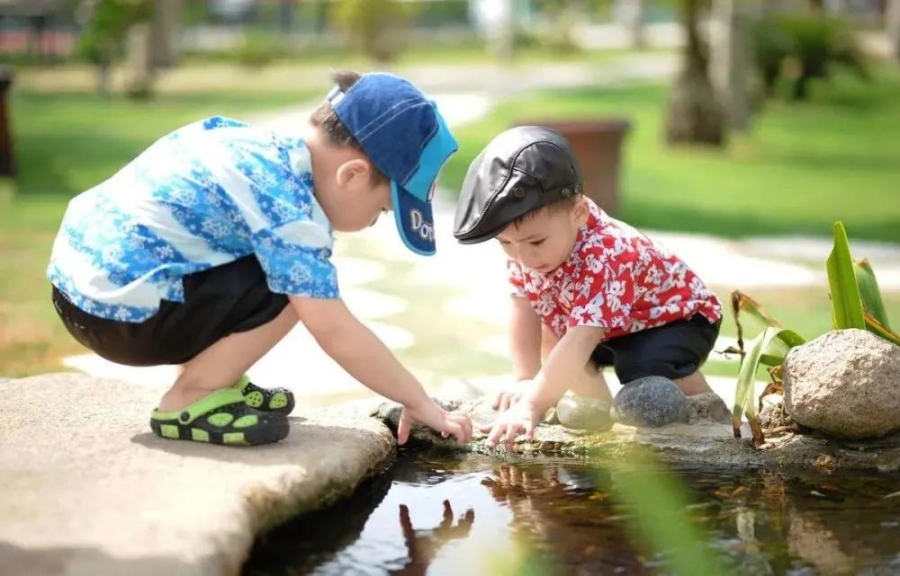Humble and timely retreat
Humble and timely retreat is an important quality in today’s society. Especially in large cities, the trend of reducing family size makes childcare more focused, and both boys and girls are treated with special kindness from their grandparents and parents. However, spoiling girls excessively can create difficulties in integrating into a new family environment after marriage, thus affecting the happiness of life.
There is a saying: “Children are gifts from God, and they are treasures of their parents, but excessive indulgence can harm them.” Every parent wants their children to be happy and lucky, but love needs to be accompanied by reason. Affection should not become excessive indulgence, otherwise, children may develop into self-centered individuals who do not learn compassion and humility.

From a young age, parents should help their children develop a spirit of sharing and empathy with others. Inviting grandparents or parents before enjoying a delicious meal is a positive way of education. Children should not be prioritized excessively in every situation because this can make them become arrogant and entitled.
An ancient lesson taught that if you do not want to be treated disrespectfully, avoid treating others that way. These teachings not only help children develop a strong spirit but also gain respect and goodwill from people around them.
Knowing how to treat others
Knowing how to treat others is an important quality, especially as society becomes more complex. In the past, when society was simpler and community bonds were more prominent, children growing up in such an environment often developed good interpersonal skills. This can be guided by parents, who educate their children about right and wrong.
From a young age, children are exposed to and naturally learn from their surroundings, especially from the actions and attitudes of their parents when it comes to treating others. To teach children good interpersonal skills, parents need to be role models. Respecting and taking care of grandparents, visiting and assisting neighbors, and being graceful in family communication are exemplary behaviors.

Acquiring knowledge and understanding culture
Patience and consistency in teaching are important. Parents need to explain and guide their children through specific situations. For example, when two children have a conflict, parents should first ask their own child, help them realize any wrongdoings, and encourage them to apologize. Through this process, children will learn responsibility and tolerance.
Acquiring knowledge and understanding culture is an important part of educating children about treating others. Besides learning from books, parents also need to pass down cultural values from one generation to another. Oral tradition is the source of knowledge and culture, and encouraging children to read helps them acquire profound knowledge and develop a strong internal foundation.
Learning Tips for Parents: 12 Japanese Techniques to Use with Your Children
Discover the 12 principles of teaching children in the traditional Japanese way that parents can learn with Dien May XANH! By instilling these principles when your children are young, you can ensure that they grow up to be obedient, smart and polite, the hallmarks of a successful education in Japan.
Guys, Don’t Miss Out – 9 Ways to Make Her Smile on International Women’s Day!
This International Women’s Day, let’s go the extra mile in showing our appreciation for the phenomenal women in our lives. Dienmayxanh has compiled nine meaningful actions we can take to make a difference in the lives of the special women around us, and to join in with celebrating women everywhere on March 8th. Let’s take a closer look!





































